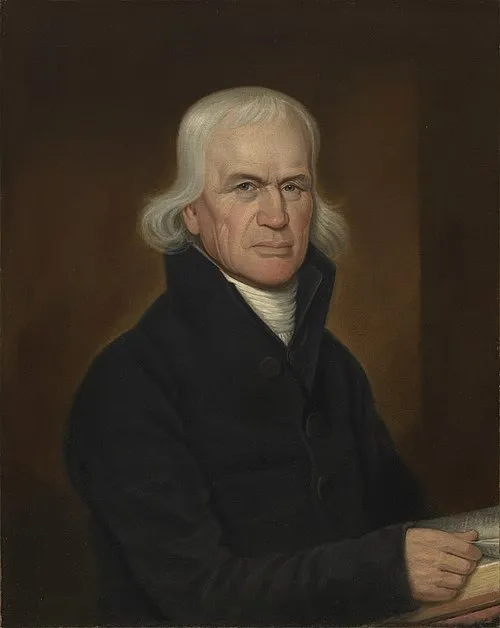
Francis Asbury and George Whitefield: Pioneers of the Methodist Movement
The history of the Episcopal Church in America is profoundly influenced by powerful leaders such as Francis Asbury and George Whitefield. These two figures played pivotal roles in the spread of Methodism and the establishment of a strong religious foundation in the 18th century, driving spiritual awakenings across the American colonies.
The Life of Francis Asbury
Born on August 20, 1745, in Handsworth, England, Francis Asbury was a missionary who became one of the first bishops of the Methodist Episcopal Church in the United States. He was renowned for his tireless dedication to evangelism and is often credited with laying the groundwork for Methodism in America.
In 1771, Asbury sailed to America, where he initially worked with George Whitefield. His travels spanned over 270,000 miles, where he preached to the burgeoning population of the American colonies. Asbury’s leadership style was characterized by his emphasis on personal piety and community service, which attracted many followers who were seeking an emotional and experiential connection to faith.
George Whitefield: The Great Preacher
George Whitefield was born on December 16, 1714, in Gloucester, England. He was an Anglican cleric and evangelist who helped spread the Great Awakening in Britain and America during his lifetime. Whitefield's charismatic preaching style and his ability to connect with diverse audiences made him a pivotal figure in the evangelical revival movement.
Whitefield’s open-air sermons drew thousands, and his passionate oratory led many to conversion. His collaboration with Asbury marked a significant moment in early American Methodism, as both emphasized the necessity of a personal relationship with God and the importance of outreach in their respective ministries.
The Impact of Asbury and Whitefield on the Episcopal Church
Both leaders were instrumental in transforming the religious landscape of the American colonies through their rigorous itinerant ministries. Asbury’s leadership helped shape the Methodist Church, which later contributed to the formation of the Episcopal Church in America.
Their combined efforts created a fervent revival atmosphere, focusing on emotional worship and community. This new approach significantly differed from the more austere Anglican practices of their time. Asbury’s commitment to building churches and founding circuits made Methodist congregations highly organized and spread throughout the landscape of early America.
The Legacy of Francis Asbury
Francis Asbury passed away on March 31, 1816, but his influence continues to resonate within the Methodist tradition. He emphasized the importance of lay leadership and education, leading to the establishment of numerous educational institutions and seminaries. The Methodist Episcopal Church that he helped establish grew significantly, structuring itself similarly to the early Episcopal Church and expanding its reach across the nation.
George Whitefield's Continuing Influence
Meanwhile, George Whitefield's legacy remains strong in the Anglican and Episcopal communities. He was one of the most popular and effective preachers of his time, and his emphasis on evangelism influenced countless churches, inspiring future generations of preachers to foster personal faith and transformation among their congregants.
Conclusion
Francis Asbury and George Whitefield were more than just leaders in their time; they forged paths that fundamentally altered the religious landscape of America. Their commitment to outreach, emotional worship, and community engagement laid the foundation for the Methodist movement and ultimately contributed to the development of the modern Episcopal Church. Their legacies continue to inspire spiritual leaders today, echoing the need for passion in ministry and dedication to the community.






